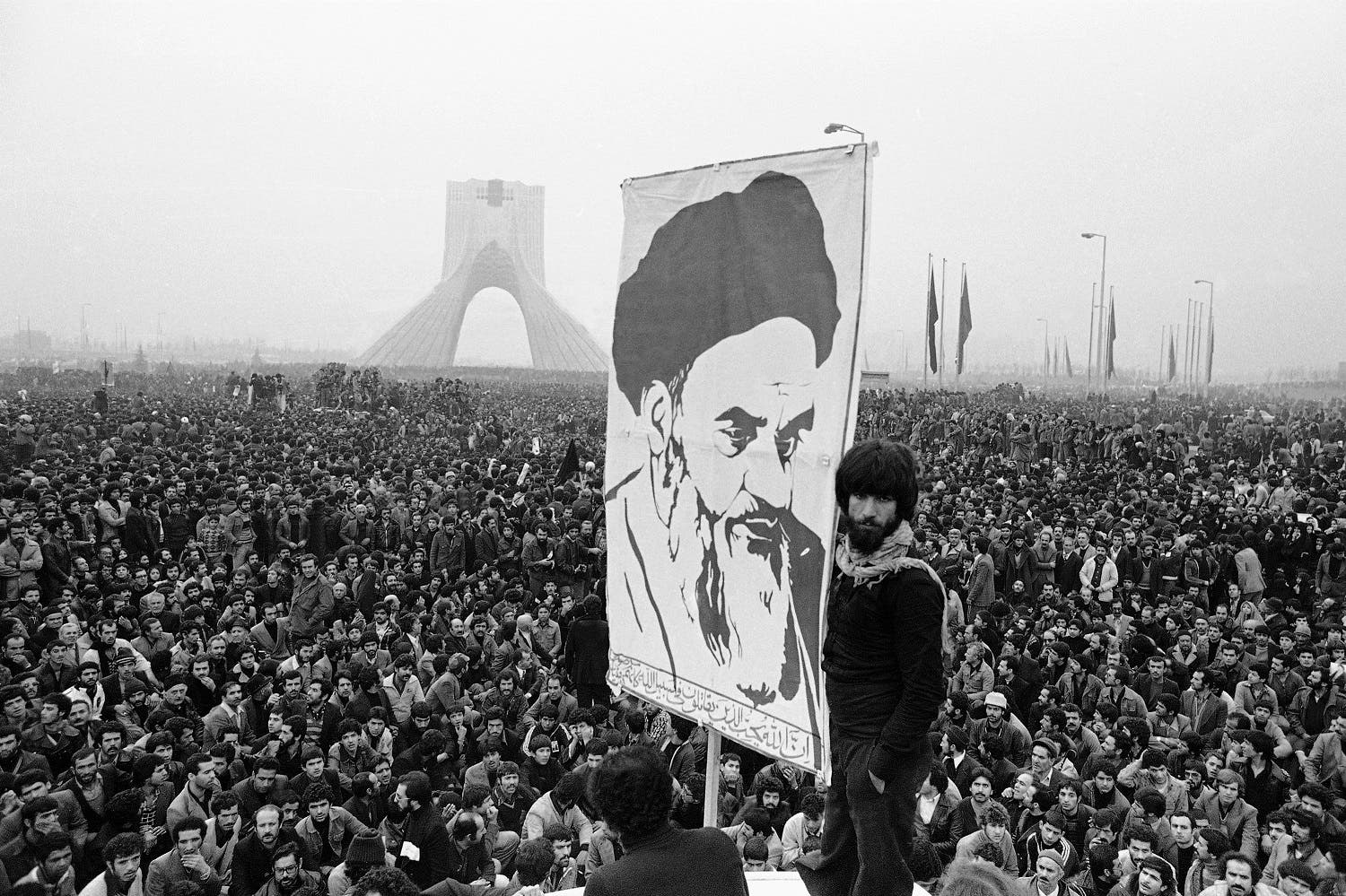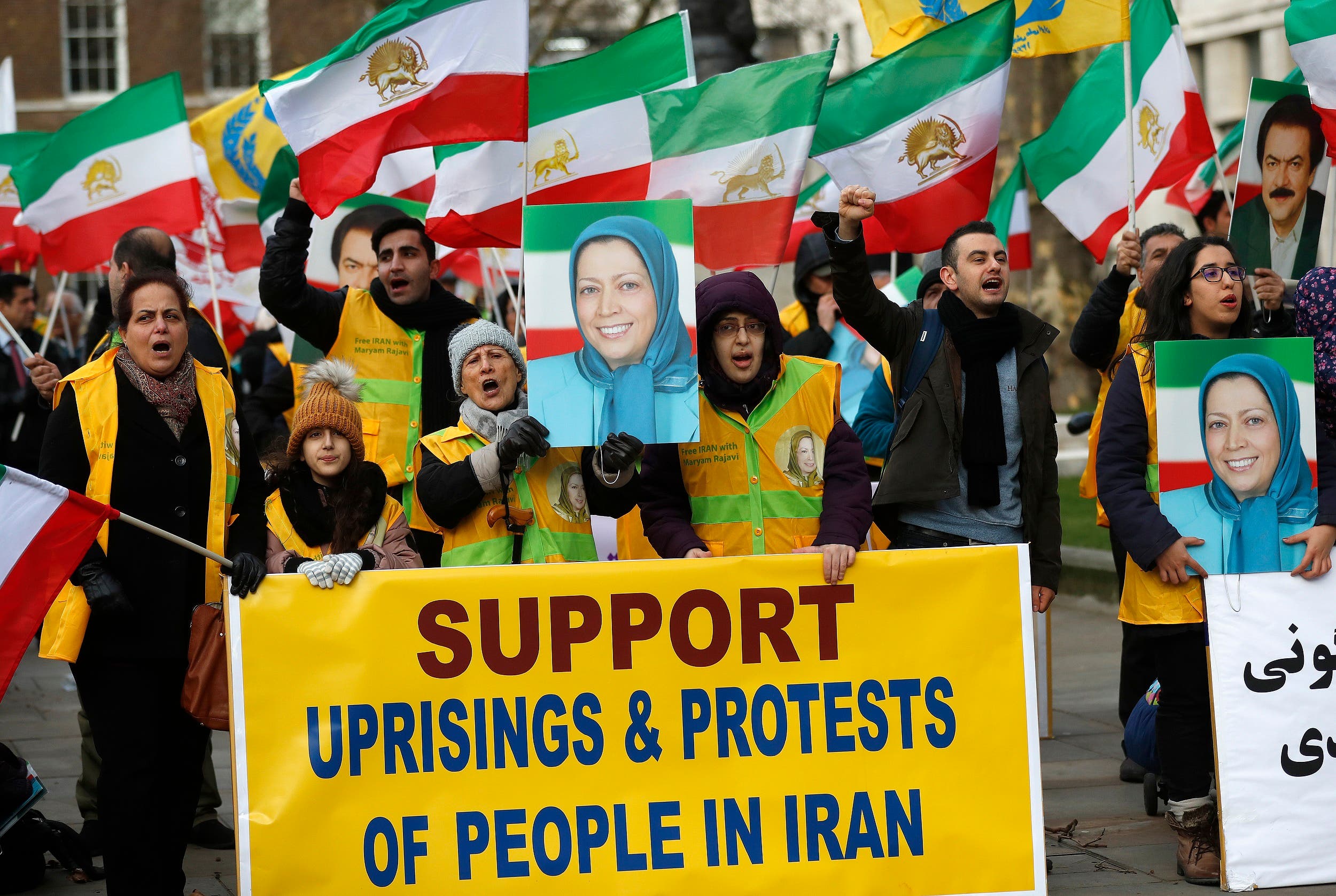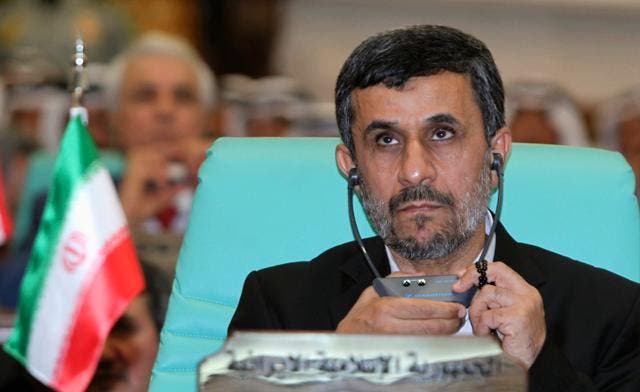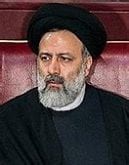Al-Arabia – The politics of greed has devastated the Iranian economy.It has caused the collapse of the country’s currency the rial and through the illicit process, where the regime’s leadership and all of its cronies have taken over full control of Iran’s vital industries, creaming off the profits for every cent they can muster.
It has led to a large majority of Iran’s ordinary citizens – in a country that should be in all respects a prosperous nation – to lead a life of dire poverty with no hope for the future.
There is little prospect of this process being contained while the regime is in power. So desperate are its key figures to keep their fortunes in the family, inbreeding is known to be rife, and in the eyes of the Iranian elite, piety is proclaimed to be the first virtue in leadership, while owning vast amounts of property denotes those in the highest positions of power.
Through the sheer arrogance of noncompliance to the international norms of behavior, the regime has brought Iran to the edge of the abyss.
Having continued to payroll terrorist groups such as Hezbollah, Hamas and Islamic Jihad out of the public purse, it also uses these proxies to advance its hegemonic desires through interfering in the affairs of its neighbours, in the form of military adventures and stirring up dissent amongst the Shiite populace of Arab nations.
They have now found themselves in a bind, having been stifled by Donald Trump’s renewed sanctions, and with the country’s economy now in dire straits, the regime is under attack from the wrath of its own people over its destructive policies.
Where the Iranian regime’s form of governance is concerned, the people have no recourse over any failures or crimes committed by the regime’s hierarchy or any of those acting on its behalf.
Unlike any other democratically elected ruler, the Supreme Leader’s words have to be obeyed, and none of his actions, or those of his government can be scrutinized, criticized or challenged, as in the eyes of Iran’s clerical leadership, this would be a crime punishable by death.
 In this Dec. 10, 1978 file picture, demonstrators hold up a poster of exiled Muslim leader Ayatollah Khomeini during an anti-shah demonstration in Tehran at the Shayah monument, which was built to commemorate the monarch’s rule and symbol of his power. (AP)
In this Dec. 10, 1978 file picture, demonstrators hold up a poster of exiled Muslim leader Ayatollah Khomeini during an anti-shah demonstration in Tehran at the Shayah monument, which was built to commemorate the monarch’s rule and symbol of his power. (AP)
Khomeini’s early days
In the early days of Ruhollah Khomeini’s appearance on the political scene, during a time in which he had spent many years in exile for his fierce criticism of Mohammad Reza Pahlavi, the Shah of Iran, the regime’s destructive path had already been well planned.
Throughout those years, Khomeini had ferociously denounced the Shah’s close connection to the United States, in which he focused on the massive corruption that was rife within the Shah’s government, his plundering of the Iranian economy, the unequal distribution of wealth, and his oppression of the Iranian people.
During this period, the Shah had developed a severe case of megalomania, and with his harsh form of dictatorial governing having led to a bizarre form of erratic behavior, he had often backtracked on the creation of new laws that might upset the nation’s clergy.
But even so, at the first sign of dissent, his much feared SAVAK (security and intelligence service) would be out on the streets cracking down on it, arresting, torturing and often murdering anybody who spoke out against him.
This was at a time when the Shah’s policies of cultural reform were being heavily criticized by Iran’s leading mullahs, leading Khomeini to use the opportunity to pour scorn on such changes, which he derided as being Pahlavi modernist ideology.
It was throughout this early period, with the use of his undeniable charisma, plus his supposedly incorruptible nature, Khomeini skilfully mixed leftist and religious slogans, to denounce the Shah’s tyranny and extravagance.
Through the use of such dialogue, Khomeini was able to appeal to all forms of the Iranian masses’ Islamic and nationalistic identities, haranguing the Pahlavi state for rejecting past Persian culture, whilst at the same time, castigating it for exchanging it for the degenerate culture of the West.
By exploiting the fact that the Iranian people in both the working and middle classes, were at this point seething that only the nation’s elite were benefitting from Iran’s new oil wealth, and that while many of the Iran’s poor were languishing in hovels in grimy shanty towns, the government elite were living in lavish mansions.
 An opposition rally near 10 Downing Street in London on Jan. 4, 2018, in solidarity with the nationwide anti-regime protests in Iran. (AP)
An opposition rally near 10 Downing Street in London on Jan. 4, 2018, in solidarity with the nationwide anti-regime protests in Iran. (AP)
Intelligentsia and opposition
Where political opposition movements in Iran are concerned, throughout the years they have been organized by the intelligentsia and various student bodies, who having been stirred into action as the result of corrupt and ineffective leaders, have been moved to organize demonstrations throughout the land in protest.
Much of the intelligentsia involved in bringing down the Shah had stemmed from the clerical classes, these were high-ranking men of religion, some of them grand ayatollahs, who had eventually removed their monarch, whose religious ideology they deplored. They replaced him with Ayatollah Ruhollah Khomeini, whose eventual take on jurisprudence, was in fact out of line with their clerical beliefs.
Khomeini had constructed his own doctrinal tenet of velayat-e faqih, where political authority lay in the hands of a carefully chosen minority of clerics, who obediently shared their Supreme Leader’s religious ideology.
Having moved away from historical norms, where the clerical class was subject to pluralism and diversity of views, Khomeini adopted a tyrannical form of religious leadership, where all had to adhere blindly to his every word and thought.
Through the application of these religious rules, it meant that nobody could disagree with any of Khomeini’s decisions, and even in the case of grand ayatollahs, should any member of the clergy fail to toe the line, they would be prosecuted for their disobedience, and in some cases defrocked.
 Iranian President Mahmoud Ahmadinejad has used his UN speeches to defend Iran’s nuclear program and to attack Israel. (Reuters)
Iranian President Mahmoud Ahmadinejad has used his UN speeches to defend Iran’s nuclear program and to attack Israel. (Reuters)
Great Satan and the little one
Such was the hatred for the “Great Satan”, the US, and the “Little Satan”, Israel, much of Khomeini’s fury was vented against them. Then with both nations having their flags burnt in the streets of Tehran by Iranian regime zealots, cries of “death to America” became the norm, and at a later date, with such poisonous rhetoric escalating with the emergence of President Mahmoud Ahmadinejad, calls emerged for Israel to be wiped from the map.
Such actions are in a normal day’s activities in Iran, this isn’t just meaningless rhetoric as some analysts have suggested, because if you have studied Khomeini’s thoughts on the subject, and the thoughts of many other Iranian leaders, including those of the Islamic Revolutionary Guards Corps, you will come to realize that they mean every word of it.
This is a nation whose leader’s play mind games with outsiders, who under their strict code of secrecy, keep their true thoughts to themselves, and by doing so, keep their enemies in suspense, lying if necessary to conceal their true intentions.
When it comes to deceit, there is none better to carry it out than an Iranian cleric, as when using proxies to execute a terror attack, the regime often condemns those carrying out the action, and not only does it plead plausible deniability, it often offers to mediate between the so-called protagonist and those being targeted.
In a classic example of this form of deceptional warfare, when Iraq was close to anarchy, through numerous attacks carried out by Iranian-backed guerrilla groups, the Iranian regime was approached by the West for its help to mediate with these groups.
Although it was obvious that Iran was behind them, the regime denied having aided them, even though they were causing serious havoc against Coalition troops with the use of Iranian-made roadside bombs, and attacks against the Sunni community, were being committed by Iranian-trained death squads, who were kidnapping innocent civilians, leaving their bodies in ditches, in an effort to stir up racial tension amongst various tribes.
But the West trying to force Iran into democratic change won’t work, it would be impossible for its tyrannical mullahs to survive in a democracy, as future democratic leaders not aligned to them, would soon bring them to account for their past crimes.
But right now, even though the clerics and their much-favoured commanders in the Islamic Revolutionary Guards Corps, might have accumulated vast amounts of cash, with them continuing along the same destructive path as the Shah, in the same way that the he was forced into a hasty exit from Iran, Khamenei and his entourage will soon be on a one-way ticket too, either into exile, or heading for a trial at the Hague.
 Shabtabnews In this dark night, I have lost my way – Arise from a corner, oh you the star of guidance.
Shabtabnews In this dark night, I have lost my way – Arise from a corner, oh you the star of guidance.


